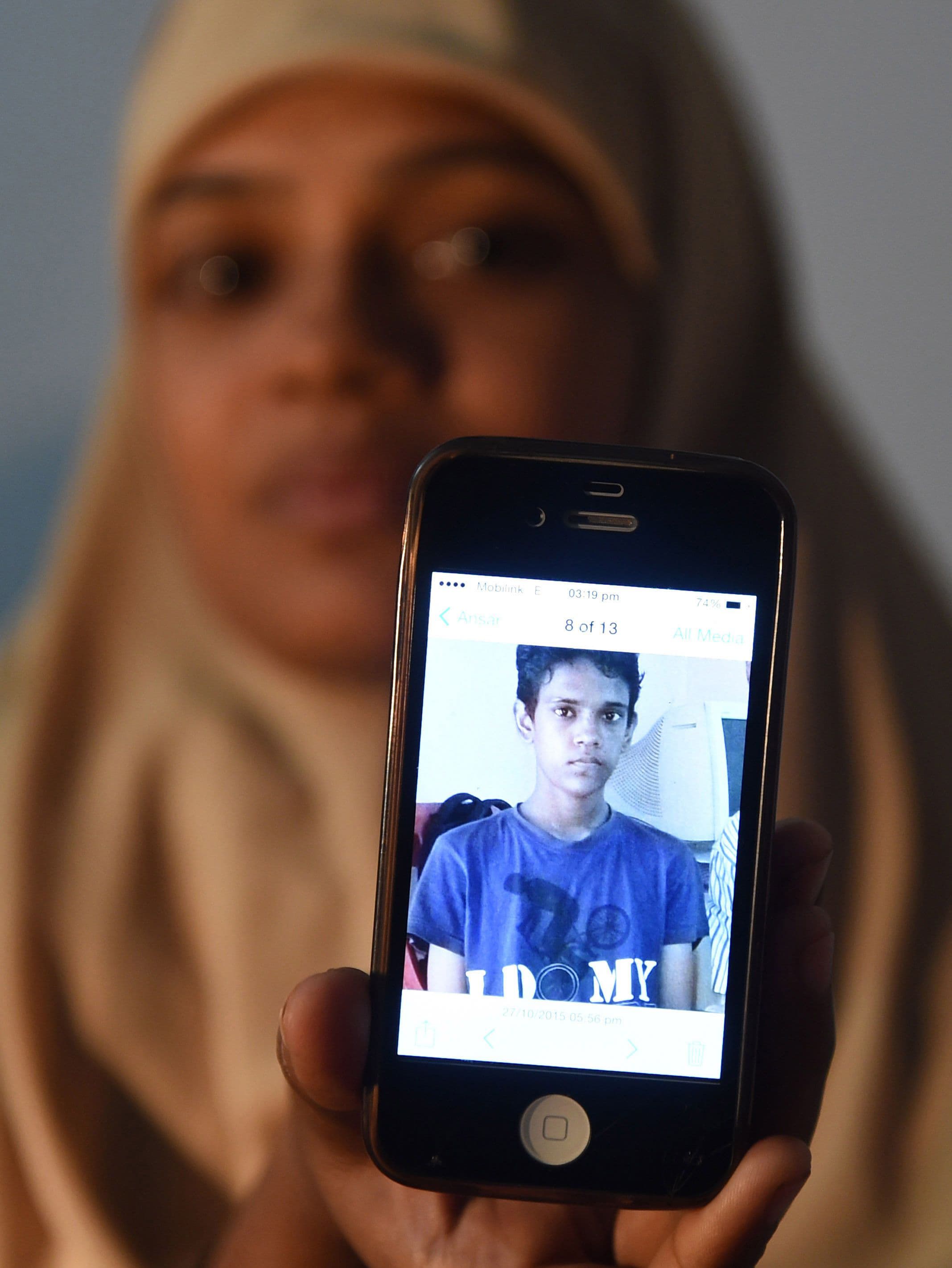Pakistani mother begs to be reunited with son stuck in India



KARACHI: A Pakistani mother whose son has been stuck in India for years begged on Friday for them to be reunited after they made contact last month for the first time since 2008.
In a story mirroring that of Geeta, the deaf-mute Indian woman who returned to Delhi this week after spending more than ten years trapped in Pakistan, Mohammad Ramazan wandered into India years ago without a passport and has been trapped there ever since.
Around six weeks ago his mother Razia Begum, who lives in Karachi, stumbled across his story and photograph on the Internet.
Now 15, Ramazan was found by the charity Childline in Bhopal, capital of Madhya Pradesh state, two years ago and has been cared for by them ever since.
“When I heard about him, well... I cannot express in words my immense affection as a mother,” his mother said tearfully on Friday.
Read more: Grateful over Geeta's return, Modi donates INR10m to Edhi Foundation

“For so many years he has been far from me. I earnestly desire that he should live with me now,” she said. Ramazan's parents divorced in 2004, and his father took him to Bangladesh in 2008 without his mother's knowledge, she said.
Claiming he was abused by his father and stepmother, Ramazan ran away, straying into India where he wandered from town to town, sleeping and eating at shrines and railway stations before being picked up by Childline in Bhopal.
Know more: Geeta returns home, but fails to find family
Director Archana Sahal said this week that he speaks regularly with his mother since they made contact a month ago, and the pair have exchanged videos and photographs.
Ramazan's identity has been established “beyond any doubt”, she said.
Sahay said the Indian government has told the charity they are waiting for Pakistan to put in a formal request for his repatriation.
In Pakistan, the Ansar Burny Trust has requested the government's help in bringing Ramazan home, the human rights organisation's director Shagufta Burny said on Friday.
“Only a border is in between... there should be flexibility so that the child can reunite with his mother,” Burny said.
“When I speak to my mother, we both cry,” Ramazan told AFP in Bhopal.
“I want to go back to my home as soon as possible... I want to be with my mother. Just like Geeta came to India, I will be sent to Pakistan.”












































